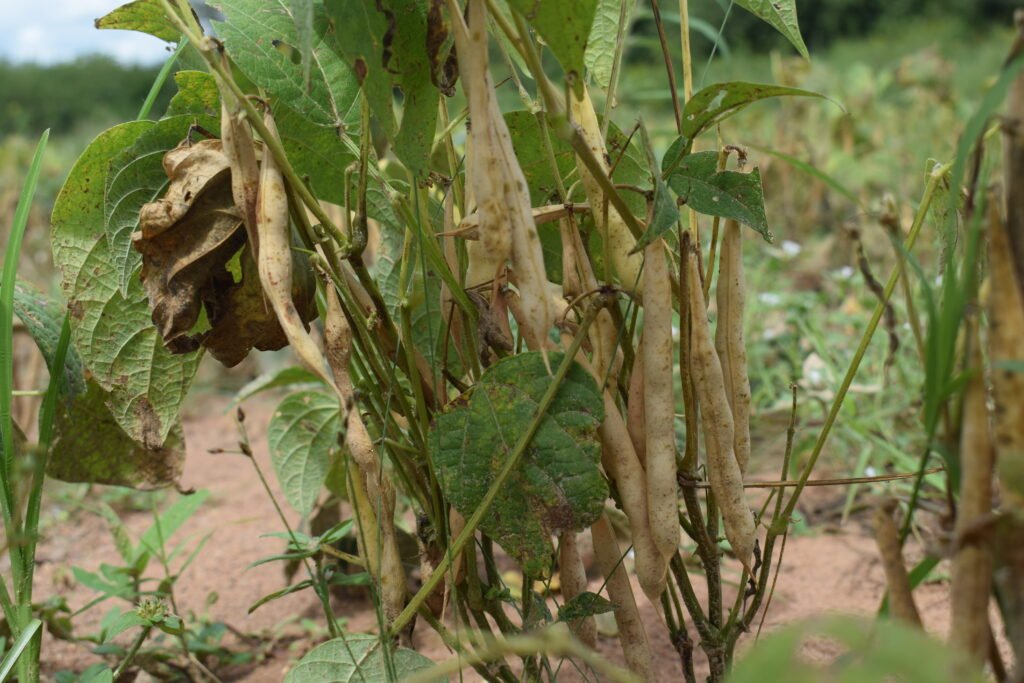Regions Targeted:
No. of farmers targeted :


Project Tittle:
Intervention Area (Region/District):
Sumbawanga, Nkasi and Kalambo districts in Rukwa region
Proposed Intervention(s)
Introduce and test market system models and functions, with potential for sustainability and scalability, in the Rukwa region expected to lead to increased incomes of common beans (CB) farmers and job creation opportunities for the poor through the improvement of common beans productivity and market access.
Problem /Constraint Statement
Despite beans being one of the agricultural value chain enterprises with the potential to realize better profit margins, it remains fragmented and unstructured to date. With little value addition and the inability to penetrate export markets leave over 90% of the beans are being traded through informal marketing channels. This situation affects profit margins across the value chain. Particularly, the unstructured trade hit farmers’ profit margins mostly. Currently, farmers realize an average profit margin of TZS 100,000/Ha. This is relatively low to create attractive monetary incentives for farmers to continue investing in the beans value chain. Moreover, the majority of SHFs experience extremely low average productivity of less than 400kgs per acre, far from the potential of 1200 kg/acre, attributable largely to unavailability and accessibility of improved planting materials and other necessary agro-inputs as well as not employing improved agricultural practices (especially climate-smart practices) and postharvest management.
Proposed Solutions
Work with Market Actors to test 5 market system models and functions that target to provide solutions for addressing selected systemic constraints surrounding the beans value chain. The purpose of the project’s tested market system models and functions are to create incentives for different market actors, including beans farmers, to invest in the common beans value chain through supply/access of goods and services, marketing of market preferred beans varieties, or engaging into beans-related value addition.
Expected Changes/Improvements
- At least 1,800 (15%) of engaged 12,000 farmers accessed improved seeds from QDS farmers for common beans production
- At least 3,600 (30%) of engaged 12,000 farmers practiced at least 3 – 5 improved common beans postharvest technics including proper drying, cleaning, sorting, grading, and packaging targeting different market segments
- At least 1,200(10%) of engaged 12,000 farmers accessed agricultural finance through financing model tested by private sector Market Actors
- At least 3,600 (30%) of engaged 12,000 farmers traded their beans through contractual farming arrangements with private sector Market Actors
- At least 10 youth farming groups (YFGs), comprising 20 – 50 youths, operationalized CB enterprises of common beans
- At least 15 FOs and 10 YFGs practiced improved farming enterprises management based on the acquired business skills, business plans, and operational guidelines & policies
- At least 4 women-owned enterprises engaged in processing and marketing value-added common beans products (nutritious blended flour, snacks, and/or packaged bean products)
Key Activities
Support 20 individual farmers to multiply improved seeds through the QDS approach; support 12,000 farmers to reduce postharvest losses and improve the quality of beans; promote value addition of beans and bean products; and improve business skills of farmer organizations.
Potential Core Partner
Rukwa Region and District Commissions of Sumbawanga, Nkasi and Kalambo
Value Chain focus
Common beans
Number of targeted Beneficiaries
- Smallholder farmers – 12,000 smallholder farmers (at least 60 percent females and at least 50 percent youth)
- Seed Multiplication farmers – 20
- Youth Groups – 10
- Women processing enterprises – 5